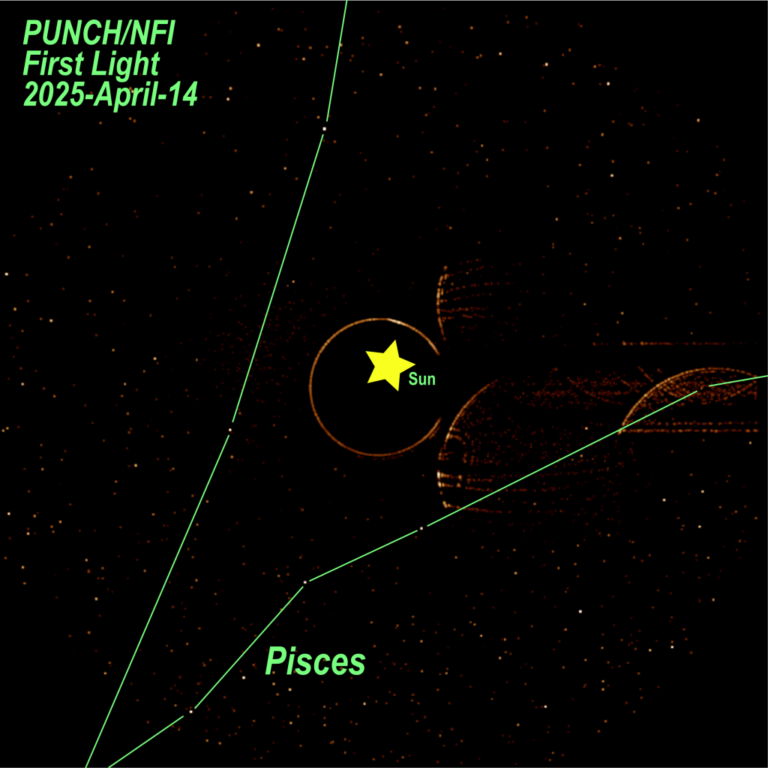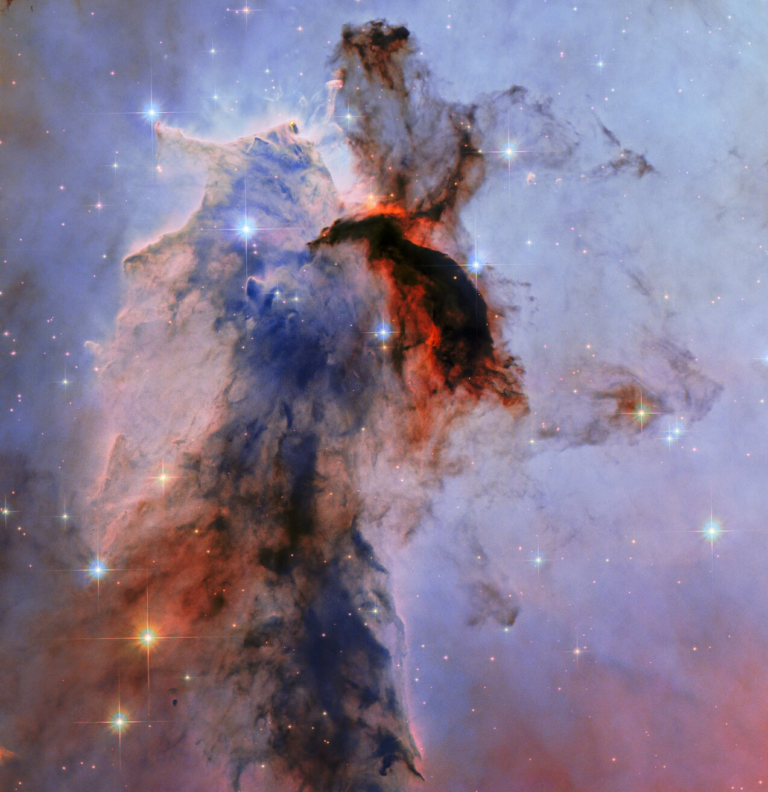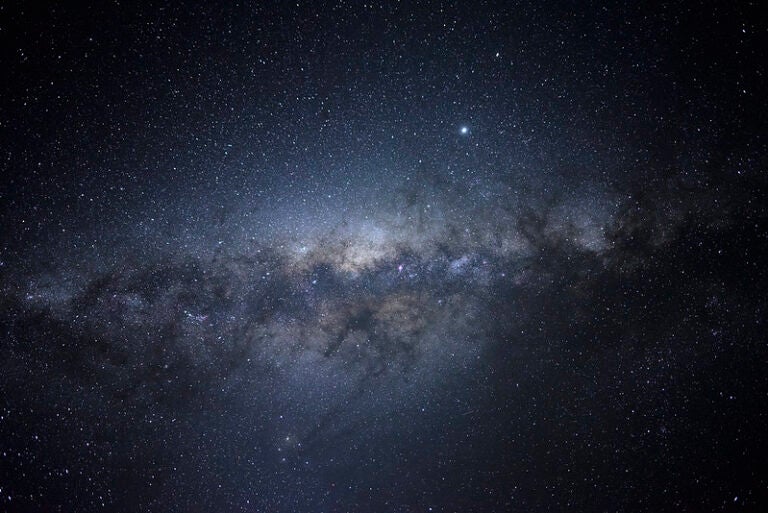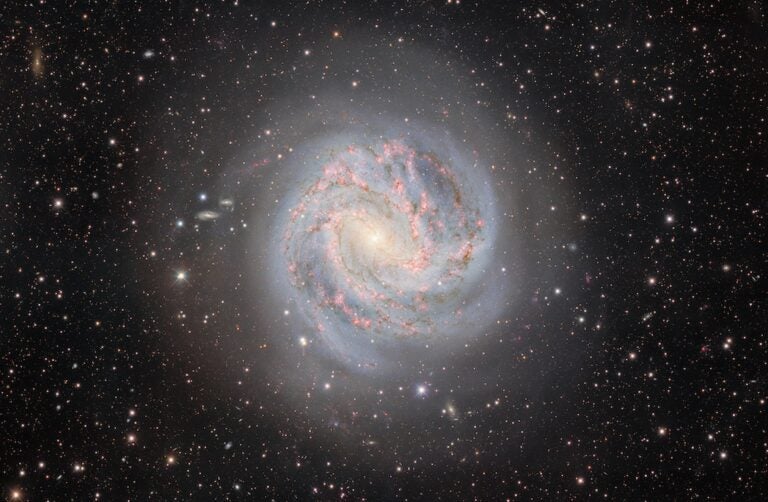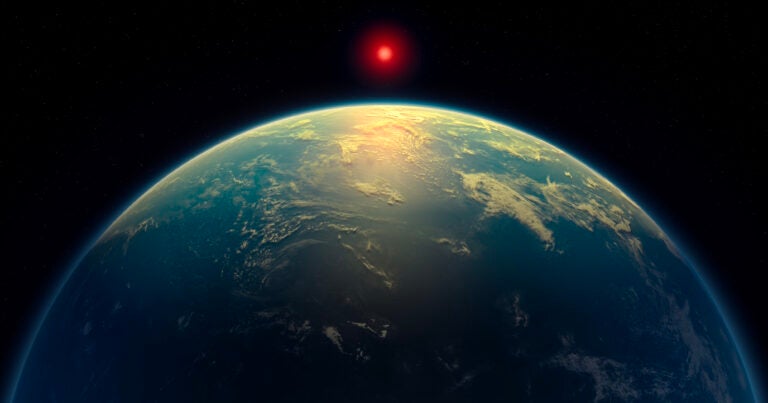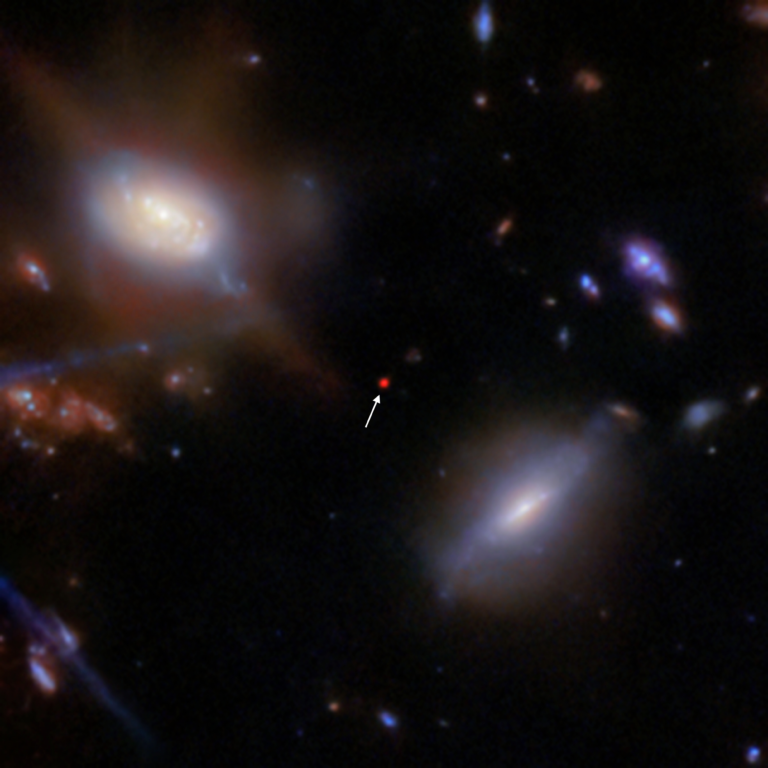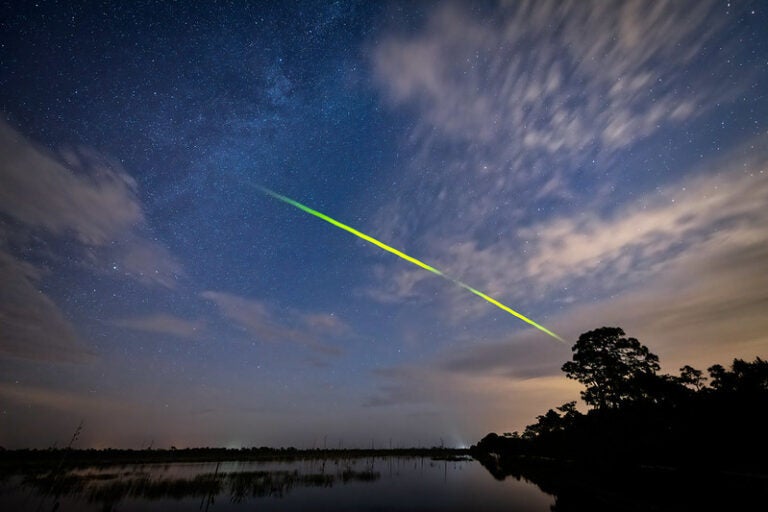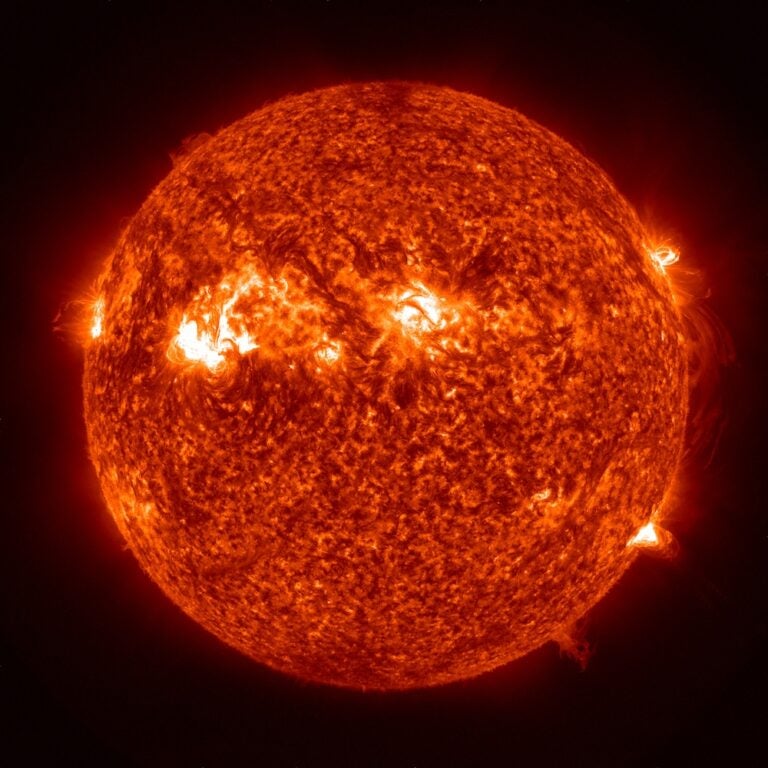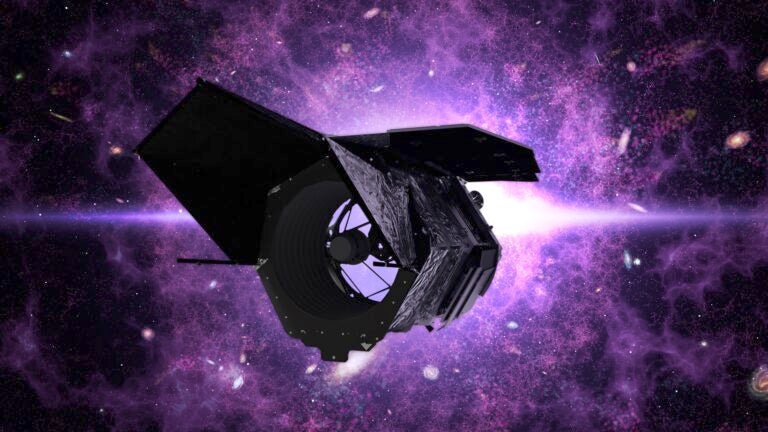Many astronomers hate the whole thing.
Such astro-luminaries as Berkeley’s Geoffrey Marcy and NASA’s Fred Espenak bemoan cuts to science programs to make room for expensive manned missions.
As for the public, it lost interest in Apollo after the first Moon landing in 1969. Returning to the Moon may ignite the same media excitement as a seniors’ Sudoku tournament. Will three future administrations get on board, knowing that voters won’t care even if they slice Moon funding to match the government’s budget for studying pelicans?
Mars, on the other hand, remains exciting. It probably has underground ice, which means water for astronauts. Solar panels could dissociate ice into hydrogen and oxygen fuel. Let’s go!
Not so fast. There’s a dark side here, too. We’ve had major hints that manned space travel might be a dangerous bummer.
“I suffered sadness and mental stress,” said Anatoly Grigoriev after 438 days in space.
Vadim Gushin adds, “The plants helped us establish ties with Earth, with nature. This is the essence with which the human mind is based.”
Duh! Of course! Humans evolved to hear rustling leaves and interface with wind and pollen, to be immersed in nature.
Isolate a person with bottled air, fluorescents, and plastics, and who knows what psychological damage must follow? Spending years away from Earth could drive astronauts loony.
But it’s not just the mind. As results trickle in from the International Space Station and elsewhere, astrobiologists grow more concerned, not less, about the long-term consequences of space travel.
In orbit, bone and muscle vanish at 1 percent per month, and some of this loss is irreversible. Hearts shrink in size, so cardiac capacity goes steadily downhill. Astronauts might look like they’re happily at the gym up there, on the treadmill in their underwear, but it’s hopeless: Space is just not good for you.
Things really get bad when you leave orbit and pass outside Earth’s magnetosphere, the barrier against solar and cosmic radiation. Apollo astronauts all saw flashes like meteors cross their visual fields about once a minute, as heavy ions ripped through their brains. Their radiation exposure was not trivial, and, years later, Alan Shepard didn’t deny that going to the Moon may have given him the leukemia that eventually killed him.
Things could have been worse. A coronal mass ejection blasted the Moon with charged particles just 1 month before the final Apollo 17 mission. Had the astronauts been on the surface — or in their capsule going or coming — they would have died.
Okay, so we build a shielded “safe room” on the Mars-bound craft. Problem is, the Red Planet has no magnetosphere. Gamma rays and X rays from distant supernovae rain down on the surface, along with those pesky charged particles from the Sun. The continuous ionizing background flux disqualifies that planet as a health spa.
High cancer risk aside, brain neurons will be destroyed continuously by the nonstop radiation. Biologists estimate that during a 2-year Mars mission, an astronaut may lose between 13 and 40 percent of her or his brain! Ouch! Even smart people can’t afford that. It greatly exceeds the 5 percent annual neuron necrosis suffered by some Alzheimer’s patients.
Once at the Red Planet, astronauts will have to fend for themselves: There’ll be no ride home for at least 18 months after arrival, when Earth and Mars again align. You’re on a place without breathable air. It’s always freezing. Radiation is giving you a splitting headache. The pizza’s terrible.
Still want to go?
Maybe nobody else will either.
Heroic astronauts are always willing to risk their lives for science. But except for those with serious credit-card debt, ordinary folks might not want to rush off-world if the hazards are too high.
Time will tell. But just in case Earth proves to be our only home, maybe we should take care of it.


